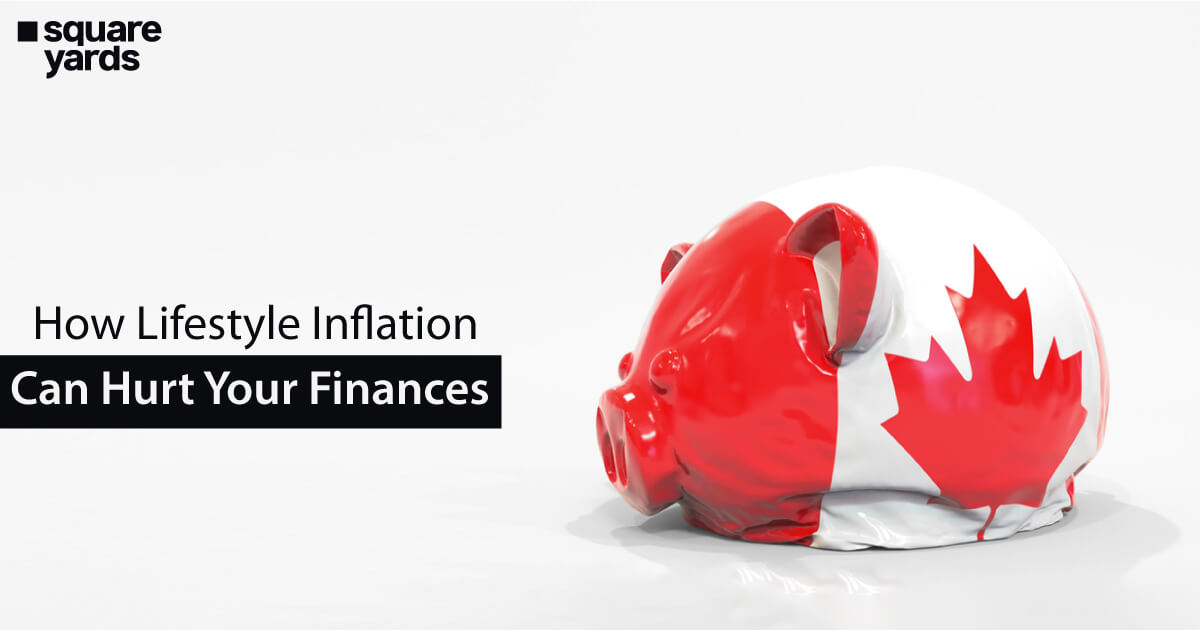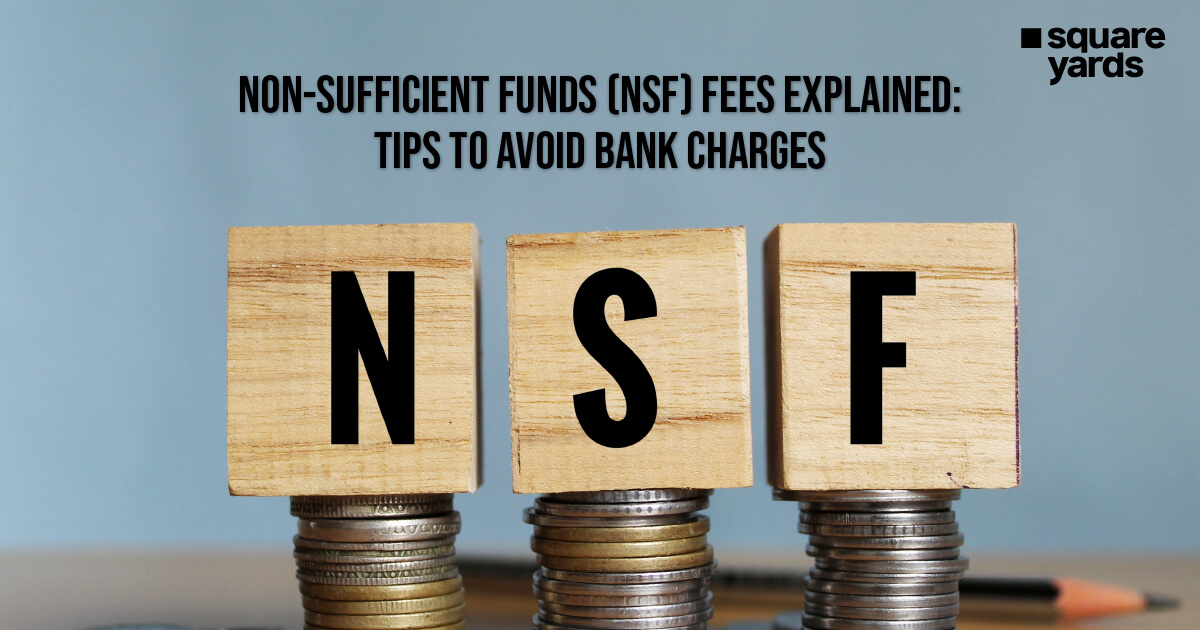Lifestyle inflation, popularly known as lifestyle creep, is a gradual increase in spending as your income rises. As people’s earnings grow, it is natural to desire a better quality of life and enjoy the benefits of increased financial capacity. However, if not managed wisely, lifestyle inflation can have detrimental effects on your finances. In this article, we will explore the impact of lifestyle inflation on personal finances. We will go into the reasons why it occurs investment and financial planning advisor suggest strategies to avoid falling victim to its pitfalls. By understanding the implications of lifestyle inflation, you can take proactive steps to safeguard your financial stability and build a sustainable and secure financial future.
Lifestyle Inflation: The Basics
Inflation is a fundamental economic concept, describing the gradual increase in prices of goods and services, over time. This results in reduced purchasing power for a given amount of money, as it can buy fewer goods and services compared to the past. In Canada, like in most modern economies, inflation plays a crucial role in shaping economic activities and affects consumers, businesses, and policymakers in various ways. Understanding and managing inflation is vital for a stable economy.
The rate of inflation in Canada is typically measured using the Consumer Price Index (CPI). The CPI tracks changes in the cost of a basket of goods and services typically consumed by Canadian households. The Bank of Canada, as the country’s central bank, closely monitors the CPI and other inflation metrics to gauge the overall price level and assess the health of the economy. You can ask your investment advisor to let you know more about the concept.
How It Affects Your Finances

Inflation in Canada can significantly impact your finances. As prices rise, your cost of living increases, reducing your disposable income. From food, to travel, to basic commodities; everything will eventually reach the top shelf. Over time, it may also devalue your savings and investments. Inflation can lower real returns from traditional savings and fixed-rate investments. Central banks may raise interest rates to tackle inflation, impacting mortgage payments and loans. This can result in higher interest payments on debts.
Inflation can trigger demands for higher wages, impacting businesses in the economy. This may also affect retirement financial planning investment. Inflation creates uncertainty in financial markets, affecting investment decisions.
Avoiding Lifestyle Inflation
Avoiding lifestyle inflation in Canada requires adopting mindful financial habits and exercising discipline.
-
- Start by creating a budget or ask your investment advisor to create one that allocates income to essential expenses, savings, and investments before considering discretionary spending.
- Establish clear financial goals and prioritise, resisting the allure of impulsive purchases.
- Avoid the temptation of keeping up with others. Focus on your priorities to prevent unnecessary expenses.
- Automate savings by setting up regular transfers to savings and investment accounts, ensuring consistent savings growth.
- Limit credit card usage and pay off balances in full.
- Stick to essentials, distinguish needs from wants, and adjust your budget accordingly.
- Regularly review your financial planning progress and spending habits, making necessary adjustments to stay on track.
- As your income increases, resist the urge to upgrade your lifestyle and maintain a lifestyle within your means.
- Invest in experiences and activities that bring lasting joy and fulfilment, rather than material possessions.
- Practice comparison shopping for significant purchases to avoid overspending.
- Whenever possible, avoid taking on debt for non-essential items to prevent financial strain.
Tips For Financial Planning

During periods of inflation, it’s crucial to adjust your financial planning. One needs strategies to protect your wealth and maintain your financial stability. Here are some tips for financial planning during inflation:
-
Create a Budget
Begin by creating a budget that helps you control your spending and prioritise essential needs. During inflation, the cost of living rises, so it’s essential to be mindful of your expenses and avoid unnecessary purchases. A well-planned budget can help you allocate your resources effectively and maintain financial stability.
-
Consider Inflation-Protected Assets
Ask with your investment advisor or look into investments that offer protection against inflation’s erosive effects on purchasing power. Treasury Inflation-Protected Securities (TIPS) and inflation-indexed annuities are examples of assets that are designed to keep pace with inflation. These can provide a hedge against the rising cost of living and help preserve the value of your savings.
-
Maintain an Emergency Fund
Inflation can lead to unpredictable expenses, making it crucial to have an emergency fund as a cost of financial planning. Create an emergency fund in an easily accessible account to cover unexpected costs. It acts as a safety net, but financial planning advisor may suggest avoiding long-term investment withdrawal during emergencies.
-
Seek Professional Advice
In times of inflation, seeking guidance from a financial planning advisor can be beneficial. A professional can help you create a personalised plan tailored to your goals. They can provide insights into navigating the challenges of inflation and making informed decisions.
-
Stay Informed
Keep yourself updated on inflation indicators and economic trends. Understanding how inflation evolves can help you make timely adjustments to your financial planning. Stay informed about government policies and economic developments that may impact inflation and financial markets.
-
Avoid Hoarding Cash
With time, inflation crumbles the purchasing power of cash. Instead of keeping excessive amounts of money in low-interest savings accounts, consider investing in assets that have the potential to outpace inflation. Investing wisely can help you grow your wealth and protect it from inflation’s effects.
-
Monitor Credit Card Usage
Be cautious with credit card spending during inflation, as interest rates on credit card debt can be high. Aim to pay off credit card balances in full each month to avoid unnecessary interest expenses.
The Bottom Line
Protect your financial well-being and achieve long-term goals by taking proactive measures to control your lifestyle inflation. Avoiding impulsive spending, setting clear financial planning tab, and maintaining a budget will empower you to make informed choices and maintain a balanced lifestyle. Embrace the power of saving and investing wisely, and you’ll be on the path to securing a brighter and more prosperous financial future. Remember, small changes in financial planning today can lead to significant financial freedom tomorrow.
You May Also Read
|
Guide To E-Transfer in Canada |
|
|
All About Personal Finance in Canada |
|
|
Know The Smart Financial Planning |
|
|
Tips For Financial investment in Canada |
Frequently Asked Questions (FAQs)
High and unpredictable inflation in Canada can affect your purchasing power, lowers the standard of living, creates uncertainty in business, erodes savings, raises interest rates, and affects international competitiveness.
Inflation in Canada impacts how much you can buy, interest rates, living costs, wages, business expenses, investments, currency value, savings, and government decisions. The Bank of Canada works to keep inflation stable for a healthy economy.
During inflation in Canada, consider investing in inflation-protected assets, diversify your savings, review debt, control spending, and explore inflation-adjusted income. Lastly, always stay informed about government schemes and other updates related to inflation. You can also seek a financial planning advisor for the same.
During inflation in Canada, consider investing in bonds that protect against inflation, commodities like gold, real estate, dividend-paying stocks, and inflation-linked funds. Seek retirement planning advisor from a financial advisor for a personalised investment plan. Why is inflation so bad in Canada?
How inflation affects the Canada economy?
What to do with your money during inflation in Canada?
Where to invest during inflation in Canada?











